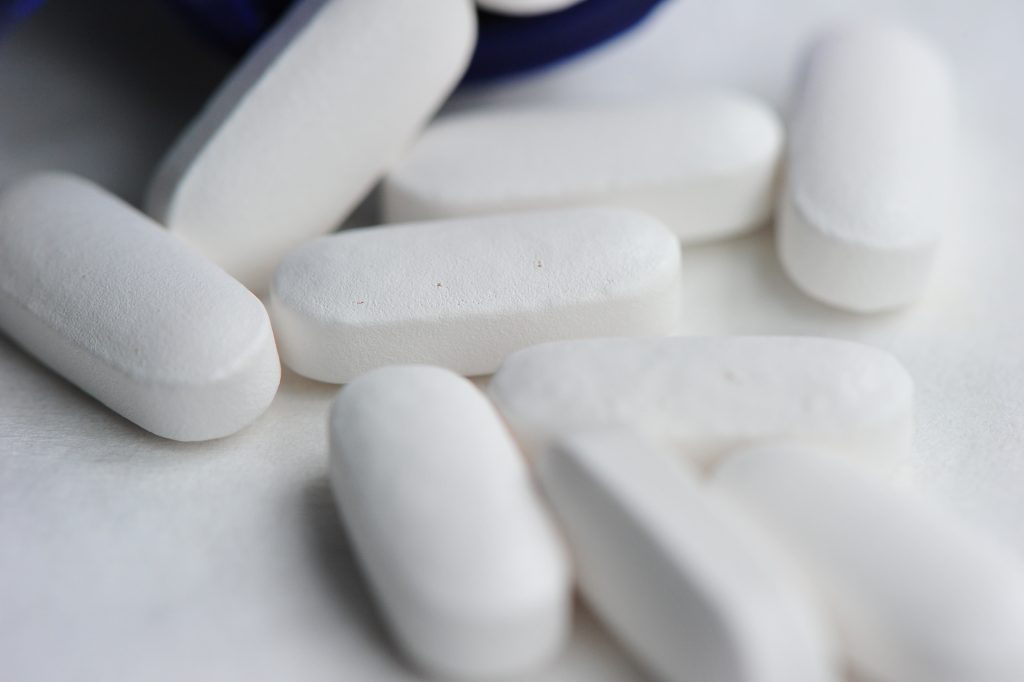
Article
May 31, 2016
Corruption in the Pharma Industry: Perspectives from Nigeria

The global pharmaceutical sector is highly vulnerable to corruption abuse, with both governments and companies needing to properly address the corruption risks. In this mini-blog series two insights of corruption in the health systems, which the pharmaceutical sector is a dominant area of, are given. Both of insights come from Nigeria, a country that demonstrated strong leadership at the recent International Anti-Corruption Summit in London. Corruption in the pharmaceutical sector is not only present in Nigeria, but in all countries, and due to the transnational nature of the pharmaceutical sector issues that manifest themselves in one country such as Nigeria often have roots in another area such as Europe.
During my first years as a practising physician, I was quickly introduced to the pharmacist who visited the clinics to apparently explain the therapeutic advantages of specific products. They often left behind pens, calendars, and notepads, full of advertising relating to specific medicines. As we walked towards the junior doctors quarters at the time, we exchanged banter on the “freebies” that we had received that week. There was an occasional passing thought on the ethics of it all, but let it pass quickly, as there was too much for a junior doctor to worry about.
But now, I sit back and wonder how much my prescribing practice, over the course of my clinical career were influenced by the friendly marketing teams of twenty years ago. As I developed my career and had the opportunity of travelling and working in many countries in the West and Africa, with a wide variety of approaches to advertising by pharmaceuticals in these countries, I have also wondered, what the ideal was – and while I am still not clear not clear on the answer, I am more convinced than ever that it is an extremely important question.
Now back in Nigeria, after working in the West for many years, I am more worried than ever that this is an industry where the ethical standards need to be very high. However, how does one achieve this in a society like ours in Nigeria, where we seem to have normalised the perception of medicines as just any other commodity that can be purchased in open markets. Nigeria is an extremely capitalist society, and innovation and entrepreneurism has driven many areas in our economy. However, it is clearer to me than ever before that this is not enough in Nigeria, and the pharmaceutical industry in a context like ours in Nigeria, needs strong ethics and regulation. In a context where market forces cannot drive this, who will? A strong public sector regulator may not be enough, and the industry itself should take the lead in setting and holding itself to high standards.
Author – Chikwe Ihekweazu is a public health physician and curator of Nigeria Health Watch; a health policy advocacy platform in Nigeria.
Photo: Flickr / Simon D.
On Thursday 2 June Transparency International will be releasing research identifying key challenges and solutions to preventing corruption in the pharmaceutical sector. ‘Corruption in the pharmaceutical sector: diagnosing the challenges’ has been produced by Transparency International’s Pharmaceuticals & Healthcare Programme, a new global initiative based in Transparency International UK.